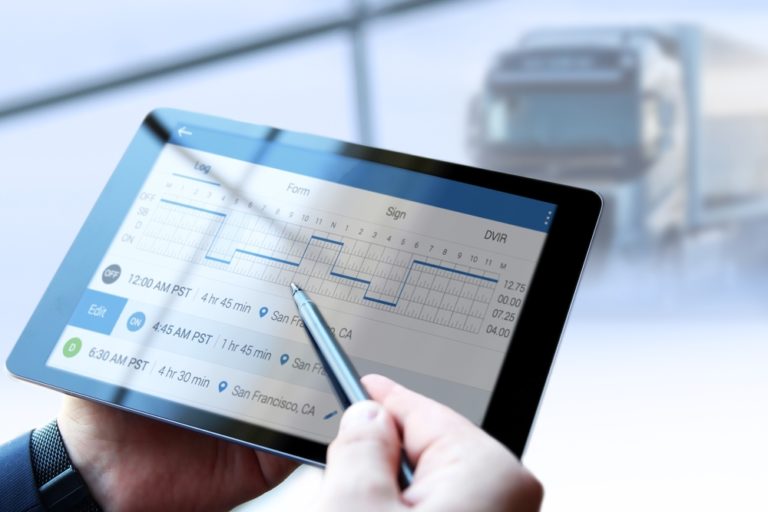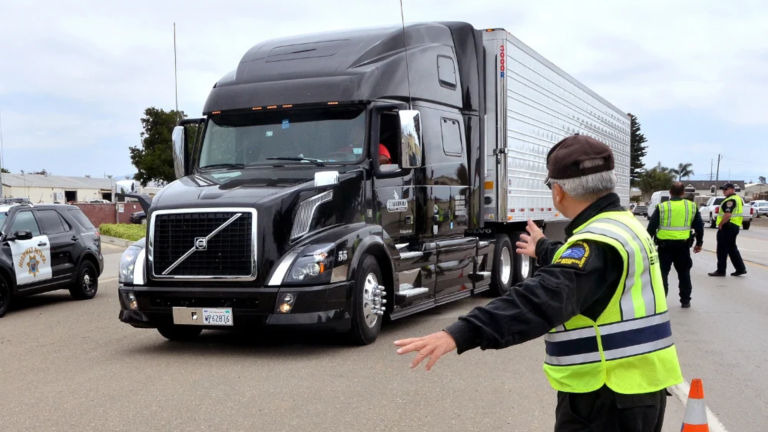Myths of Bluetooth ELDs
If you have considered using a Bluetooth ELD to keep your fleet and drivers compliant with the FMCSA mandate, I urge you to reconsider.
Here are the myths of Bluetooth ELDs, and the facts they don’t want you to know:
Myth #1: Bluetooth ELDs are reliable.
Fact: If you’ve ever streamed music from your mobile device to a Bluetooth headset, you already know how unreliable the connection can be. The same is true with a Bluetooth ELD… except drivers will be found in violation when they lose connection. When a Bluetooth ELD loses its connection to the mobile app, the ELD keeps sending data, but the data goes nowhere. The result: Driving status is lost and the driver is out of compliance.
Myth #2: Bluetooth ELDs are easy to setup.
Fact: Easy setup is just the perception. Pairing a Bluetooth ELD is something that has to be done in every vehicle the driver enters. Change vehicles and pair with the new ELD. Additionally, the driver is tasked with ensuring the Bluetooth connection is up-and-running every time the engine is started. If the driver doesn’t pair and connect every time, HOS data will not be captured and the driver will be in violation of the ELD Mandate.
Myth #3: Bluetooth ELDs are perfect for anti-theft GPS tracking.
Fact: Bluetooth ELDs are installed by plugging into the OBD port. The cables are exposed, most-often running to the Bluetooth ELD device sitting on the dashboard. This connection cord can be easily be disconnected. Most importantly, if the vehicle is stolen, there is no GPS tracking because the thief won’t pair to the Bluetooth ELD.
Myth #4: Bluetooth ELDs are secure.
Fact: A Bluetooth ELD is connected directly to the engine, giving hackers full access to a vehicle’s onboard computer, locks, fuel tank, brakes, and much more. This leaves a vehicle with a Bluetooth ELD wide open to fuel theft, cargo theft or hijacking. The FBI has long-warned fleet managers and consumers about the dangers of third-party vehicle technology—specifically wireless technology, as it is easily hackable. Bluetooth ELDs potentially set your drivers up not only to have their loads stolen, but their physical safety can also be in danger.
Are you going to trust the safety of your drivers and the compliance of your fleet to technology that can’t even stream music reliably?
Instead of a Bluetooth ELD, consider a cellular option, like FleetUp. The FleetUp ELD leverages the pervasiveness of AT&T’s 3G network, the most reliable in the industry. If a driver loses connection with the cellular network, FleetUp’s built-in intelligence will automatically upload and sync data upon reconnection—virtually eliminating reliability or compliance issues. FleetUp’s web app keeps your dispatchers informed about every vehicle in your fleet—HOS status, fuel waste, maintenance issues, location, trip history, and much more. And your drivers have complete control of their HOS status via easy to use Android or iOS apps on their mobile, or tablets—without complicated Bluetooth pairing or insecure wireless connections. And if you’re worried about driver training, FleetUp’s HOS app has a patent-pending voice assistant—in English and Spanish—to guide drivers through compliance and ensure they know their HOS status.
FleetUp is the ultimate solution not only for ELD regulation compliance, but also for daily HOS operations-related challenges including our voice-assisted HOS apps, repeatable tutorials, automated auditing mode and virtual safety manager.
Request a demo for more information on FleetUp’s industry-leading solution for ELD and Fleet Management.







